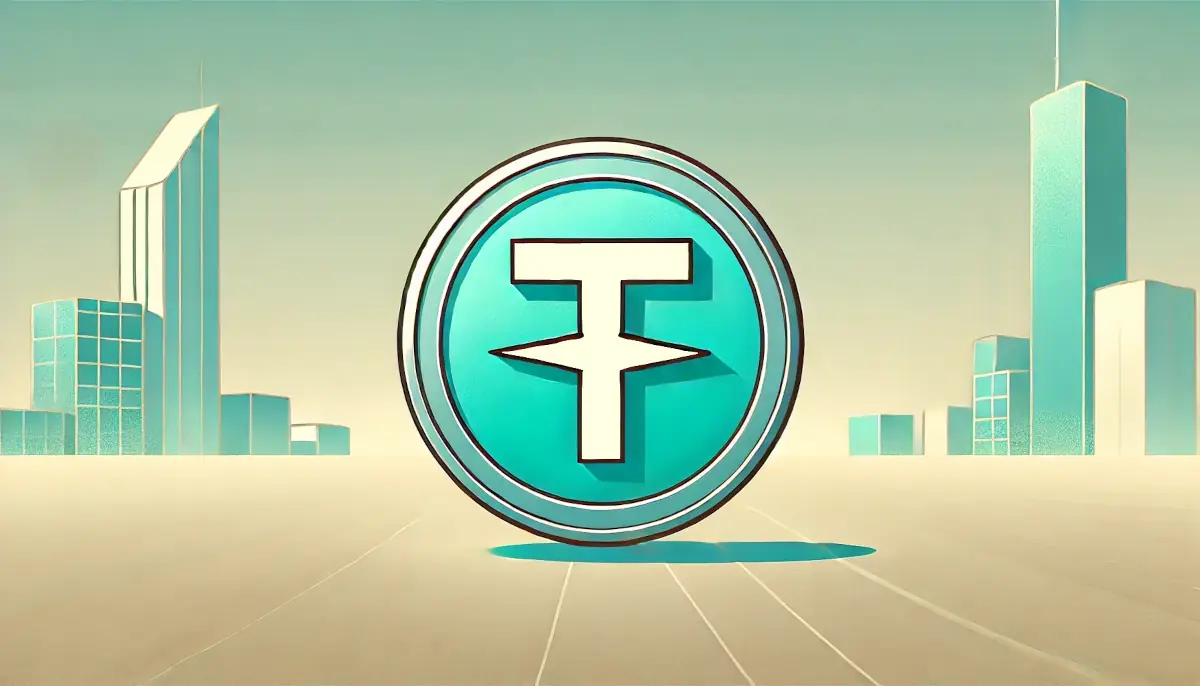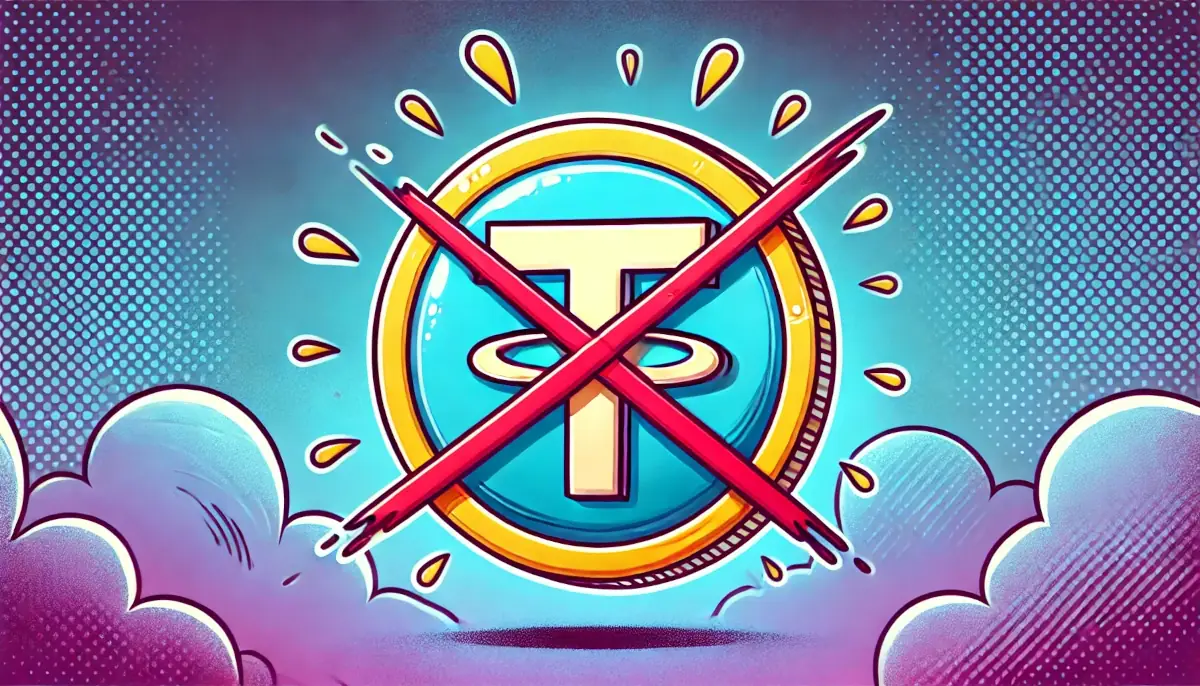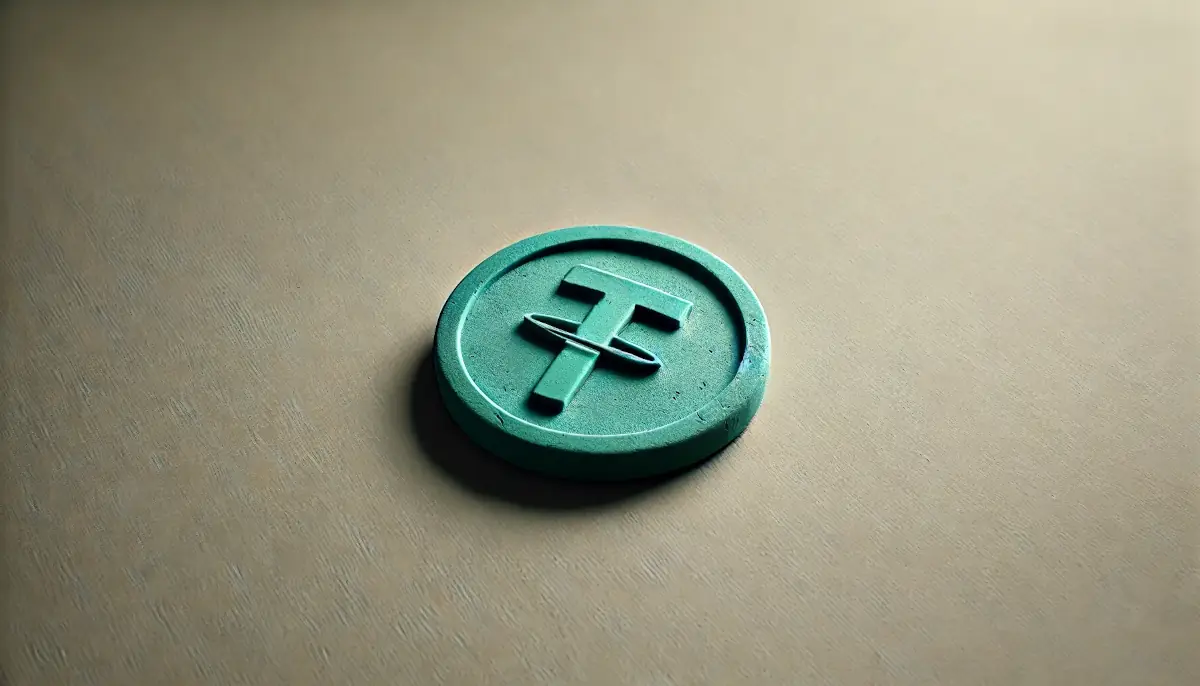Recent reports have emerged that Tether, the issuer of the world’s largest stablecoin USDT, is under investigation by the U.S. government for possible links to criminal activities. This news has sent ripples through the cryptocurrency market, leading to sharp price swings and significant liquidations. As Tether plays a crucial role in the crypto ecosystem, this situation raises important questions about the stability and future of digital assets.
Tether’s Denial and Market Reaction
On October 25, the Wall Street Journal published an article suggesting that the U.S. Department of Justice is investigating Tether for potential violations of anti-money laundering laws and sanctions. The allegations involve the use of USDT by third parties to facilitate illegal activities such as drug trafficking, terrorism, and money laundering.
Tether has strongly denied these claims, calling the article “reckless” and “unsubstantiated.” The company’s CEO, Paolo Ardoino, stated that Tether regularly cooperates with law enforcement to prevent misuse of its stablecoin and that there is no indication of an ongoing investigation.
Despite Tether’s denial, the news triggered a market downturn. Bitcoin’s price dropped sharply, interrupting its attempt to break through the $70,000 level. Other major cryptocurrencies like Ethereum, Solana, and Binance Coin also faced declines. Traders holding leveraged positions experienced significant losses, with daily liquidations reaching around $380 million.
Implications for the Cryptocurrency Market
Tether’s USDT is integral to the crypto market, serving as a bridge between traditional fiat currencies and digital assets. With a market capitalization of around $120 billion, USDT – the third biggest cryptocurrency – facilitates liquidity and trading across various platforms. Any uncertainty surrounding Tether can have far-reaching effects on the entire market.
The potential investigation has revived long-standing concerns about Tether’s transparency and the backing of its stablecoin. Critics have questioned whether Tether holds sufficient reserves to support USDT’s value. While Tether has provided attestations of its reserves, skepticism persists among some market participants.
The situation also highlights the regulatory challenges facing the cryptocurrency industry. Increased scrutiny from authorities may lead to stricter regulations, impacting how stablecoins and other digital assets operate. For investors and traders, this could mean greater volatility and uncertainty in the short term.
The current scrutiny of Tether underscores the need for transparency and robust regulatory frameworks in the cryptocurrency space. While Tether’s denial of the allegations may reassure some, the market’s reaction indicates lingering doubts. Investors should approach the situation with caution.




